
This image capture from Zillow shows an unused right-of-way running between the homes on N 31st and N 32nds streets. As can be seen from the mature trees and fence lines, this right of way has not been opened as an alley.
In 1904 Renton’s Lower Kennydale neighborhood was platted in what-was-then King County. The “Garden of Eden” plat included a grid street pattern, along with some additional right-of-ways that could be developed into alleys to potentially allow the residents to get their horses and carriages behind their homes. Some of these right-of-ways were eventually formally abandoned by Renton, and others have remained on-the-books but undeveloped and unopened for the past 100 years. The unopened “alleys” now host large native trees and gardens, and in some cases sheds and other backyard uses.
Starting about eight years ago, Renton’s building codes began to dictate that new homes that are built on alleys should take garage access from that alley. (This code was intended to affect only new construction, not existing homes.) A developer is now proposing a new house on one of these lots with an unopened right-of-way behind it, that runs from Park Avenue to Burnett between homes on N 31st Street and N 32nd Street. In a preliminary review the city has said the developer should get access from the (unopened) “alley”, and the preliminary decision has left neighboring residents upset and crying foul.
Kennydale residents turned up in large numbers at last Monday’s council meeting, describing in detail why they are concerned about an alley being built through their neighborhood after all these decades. The development pattern has been set for 100 years, and an alley is now more disruptive than it is helpful for residents of most or all of the historic homes. Among the worrisome issues identified, residents are concerned about saving 100-year old trees, preserving camaraderie with long-time over-the-fence neighbors, preserving their yards and gardens, and needlessly creating new security concerns behind their homes.
Residents have petitioned the city to abandon the right-of-way under the official “vacation” process identified in city and state laws, instead of developing it into an alley. I think they make a strong case. While I am not a lawyer and I am offering a political–not legal–opinion, this right-of-way appears to never have been formally opened (i.e. turned into an actual alley). If it had not been part of a plat, and simply deeded to the County as a stand-alone right of way, it likely would have expired after five years of not being opened under RCW 36.87.090. ( If it had been platted a few years earlier before 1904, when RCW 36.87.090 went into effect, it also could have expired by now even if it is part of a plat.) There should be deference given to the street pattern established at the time an area is developed, and changing it after 100 years is not a step that should be taken lightly.
The process for vacating a right of way can be expensive and complicated for residents, and the Renton City Council will ultimately have decision-making authority on whether this right-of-way is vacated and how much compensation is charged for the land. (The price set for vacated land could be anywhere from zero to 100% of current appraised value, depending on how the land was originally acquired by the government and other factors.) I encourage Council Members to look carefully at the facts and long history in this case, and make this process as easy and fair as possible for the residents.

A foundation footing has been poured for a new home on N 31st street, and the footing is oriented with the garage at the back. The 5 foot side yard setbacks are not wide enough for cars to get to the back, and there is currently no developed alley at the back.

The view of the century-old right-of-way from the sidewalk on Park Avenue. The 12-foot-wide right-of-way is approximately centered on this fence-line, then runs through the large tree in the background, and continues for hundreds of feet (through more fences and retaining walls) to Burnett Ave North. The grade drops off steeply from right to left, and from front to back.
Related topic: It’s common for surrounding residents to use unopened/unused right-of-ways for incidental purposes in conjunction with their homesteads (such as gardening, recreating, or storage.) The University of Washington Law review published an article about this tendency, and the legal precedents surrounding it.








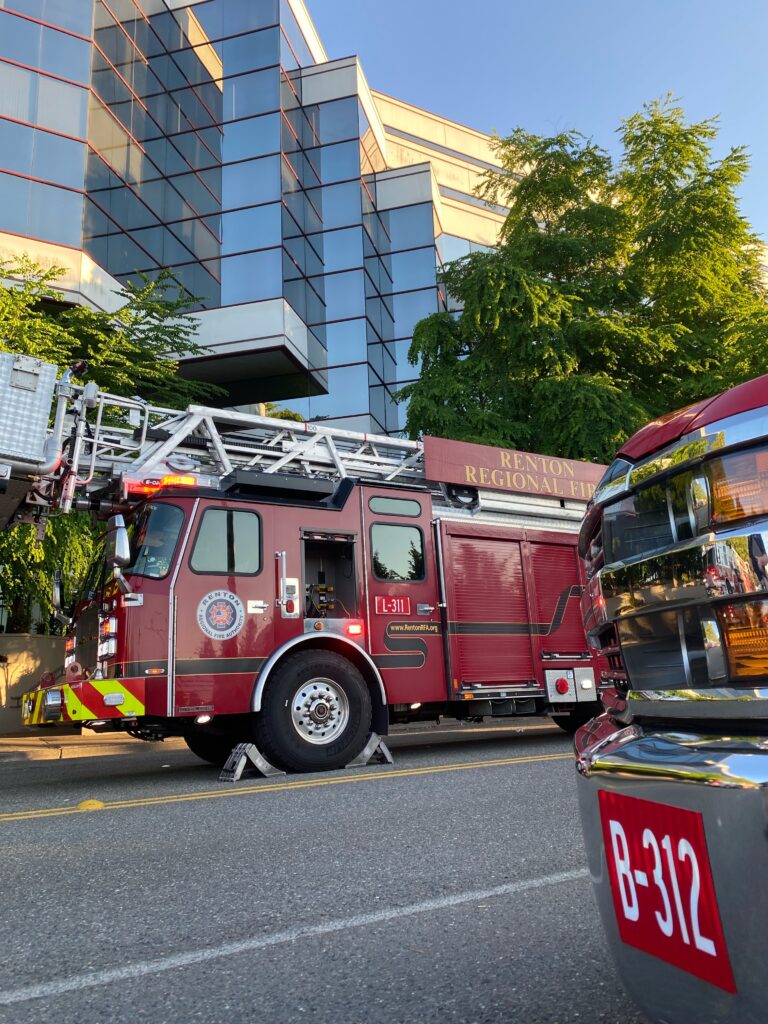
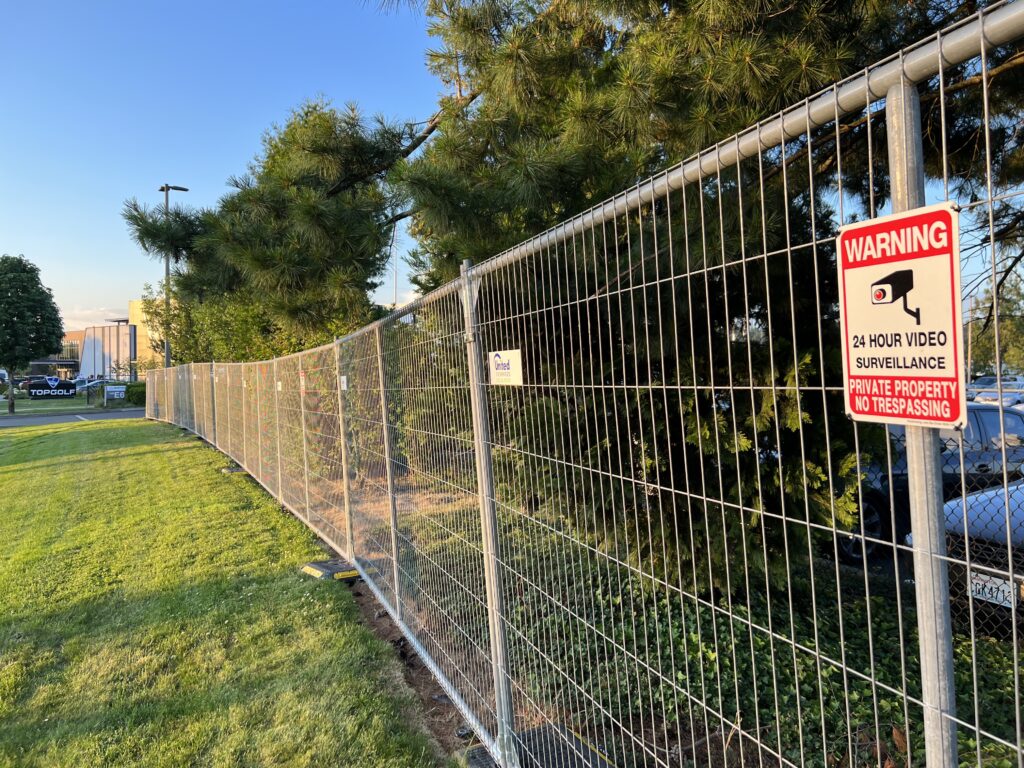

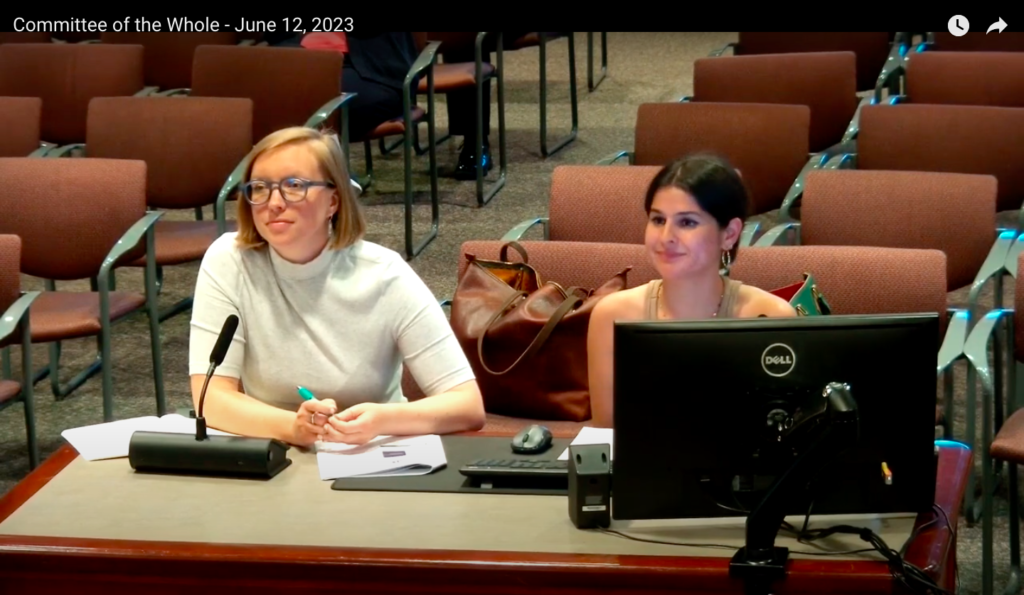
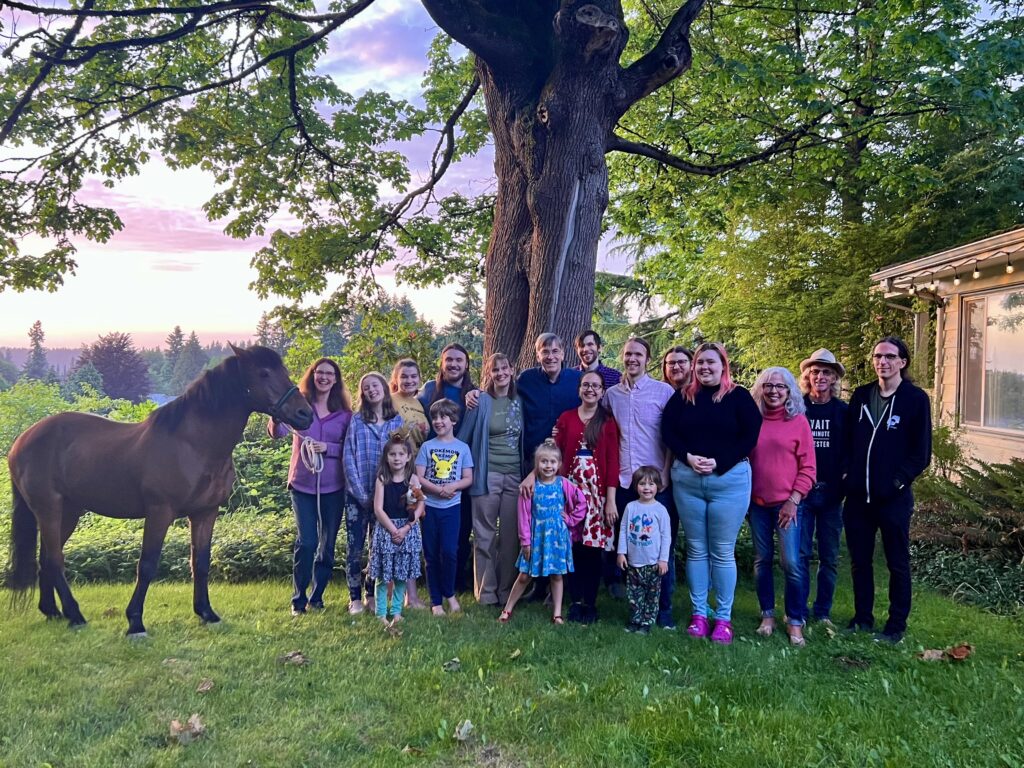
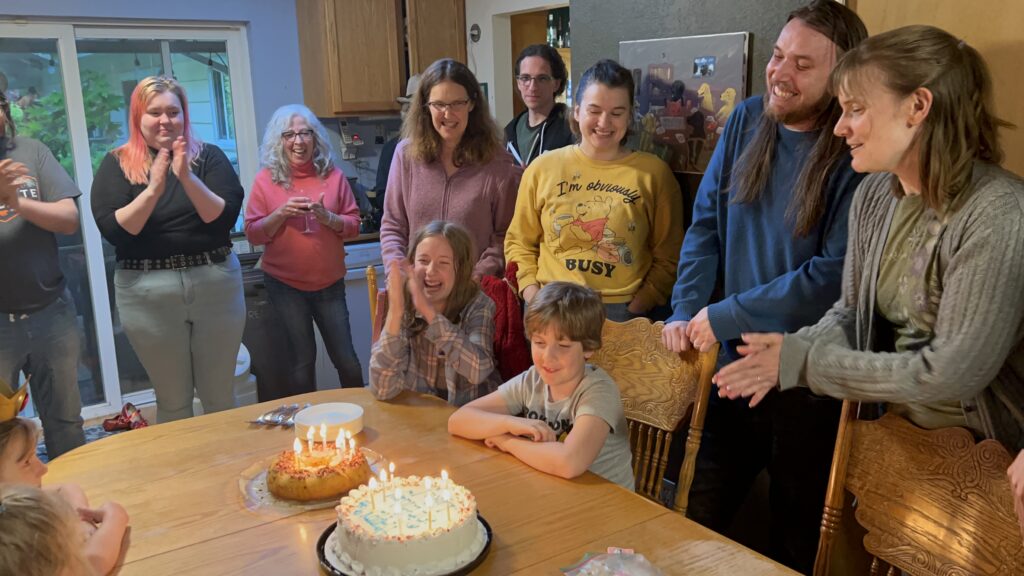



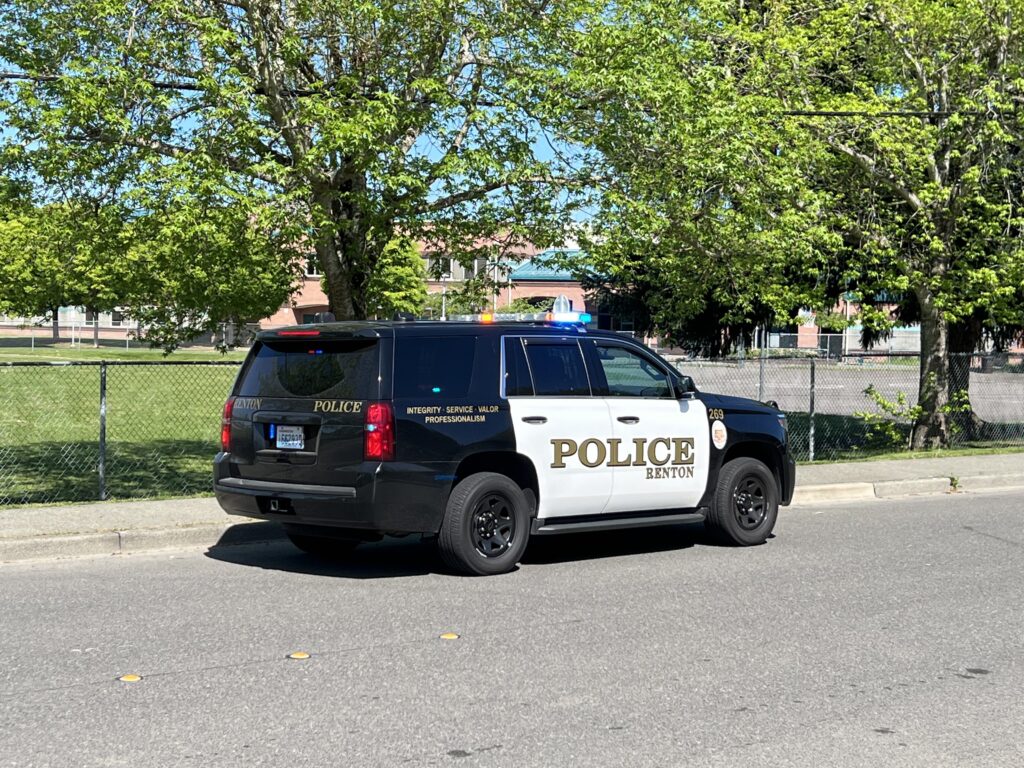
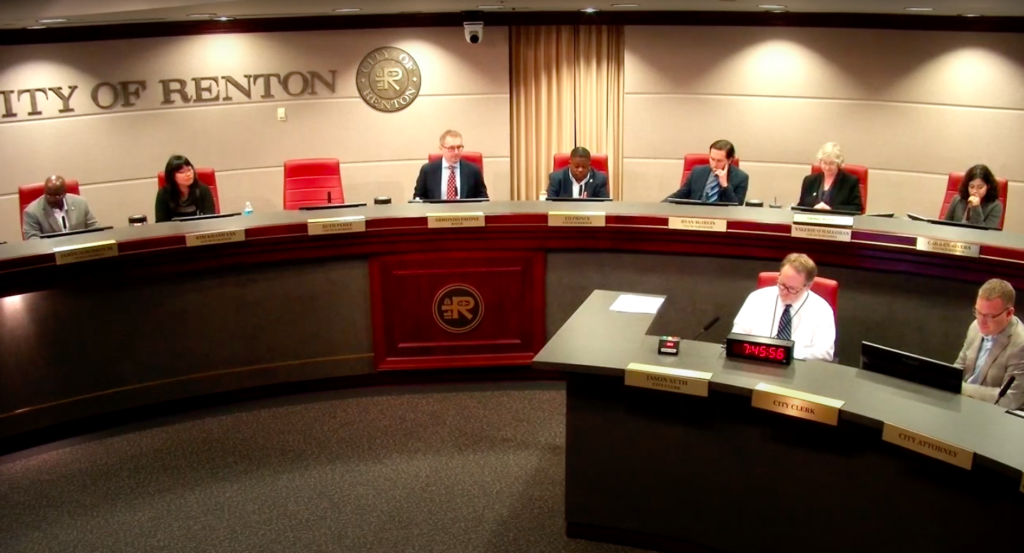
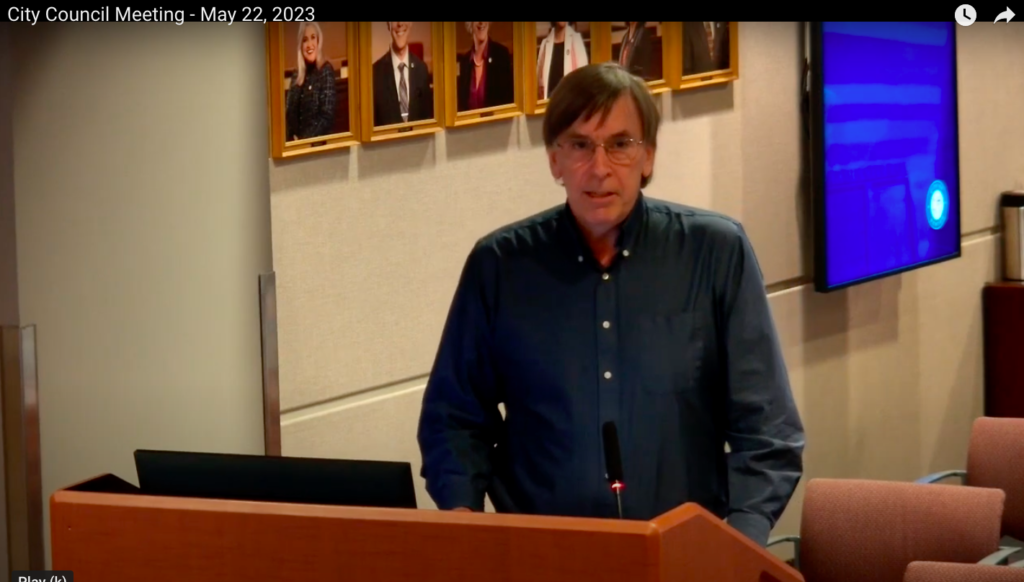



Recent Comments